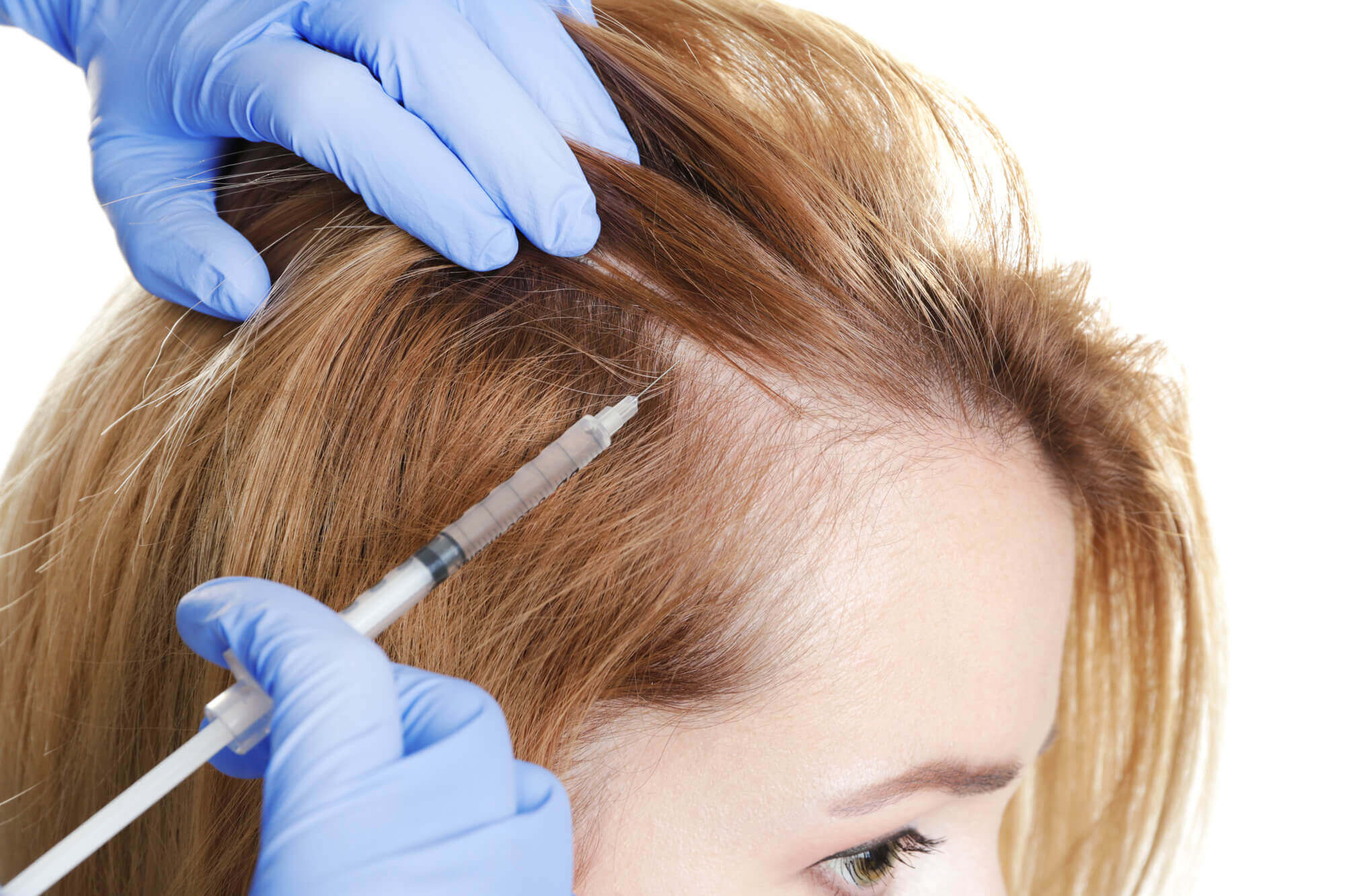7 Myths About Sunscreen That’ll Have You Slathering on the SPF
Debunking The Myths About Sunscreen
Many people think sunburns are no big deal. However, sustaining more than five sunburns early in life may increase the risk of melanoma by 80%.
This points to a serious need for sunscreen every time you go out in the sun for an extended period of time.
From an early age, you were probably conditioned to put on sunscreen before a day by the pool or beach. But do you really know what’s going on when you apply sunblock and how our bodies react to UV rays?
It turns out there are quite a few myths about sunscreen floating around. To help clear the air, we’re going to debunk seven of them.
Let’s get started.
7 Myths About Sunscreen
-
You Only Need Sunscreen During Peak Hours
This is a very common myth and one that could lead to a bad sunburn.
Many people think the sun can only do damage to their skin during peak hours and when the sun isn’t obscured by clouds. Therefore, they neglect sunscreen in the early hours of the day or during overcast conditions.
In fact, you’re more likely to sustain a sunburn between 10AM and 2PM.
Furthermore, those clouds you thought were protecting your skin are only blocking a small percentage of UV rays. This is deceptive because you won’t feel as hot, but your skin is still exposed.
A good rule of thumb is to always have sunblock on if you’re outside for an extended amount of time.
-
Chemicals in Sunscreen Are Toxic
One of the other common sunscreen myths is that it contains toxic chemicals that can cause health issues.
Now, it’s important to understand that some people have specific allergies that may require the use of a particular type of sunblock. But the idea that all sunscreen contains toxins is simply untrue.
Sunscreen is considered an over-the-counter drug, meaning there are strict regulations placed on it by the FDA. This means it goes through testing and scrutiny to ensure it’s safe for public use.
Sunscreen hasn’t been found to cause cancer or cause any other detrimental physical side-effects. However, UV rays have long since been known to cause cancer. You do the math.
-
Applying Sunscreen Means You Can Stay in the Sun Longer
If you think slathering on sunscreen once at the beginning of a long day at the beach will provide all the protection you need, think again.
Broad spectrum sunblock with a high SPF will protect you from sunburn. However, it doesn’t block all of the sun’s potentially damaging rays. In fact, no sunscreen can block the sun completely.
It’s important you reapply sunscreen every two hours. This ensures protection throughout the day. You should also take other measures to avoid a sunburn.
Take breaks and get some shade if it’s going to be a long day. Also, consider wearing a hat and throwing on a t-shirt from time to time.
-
A Base Tan Protects Your Skin
One of the other myths about sunscreen is that getting and maintaining a base tan will provide protection from sunburn. This is why some people use a tanning bed right before the summer months.
The truth of the matter is that even a “healthy” tan is a form of skin damage.
When you’re exposed to UV rays, your skin produces melanin, which is what makes your skin darker. Melanin is actually a form of protection against the sun.
However, the amount of melanin produced in your skin isn’t enough to protect against all levels of damage. You need to the added protection of sunscreen.
You can also turn to other products to help protect your skin from damage.
- Also See – How to Change Your Hair Without Cutting It
-
You Need Sun to Get Vitamin D
Some people think they need to reduce sunscreen use in order to get much-needed vitamin D from the sun.
While the sun does, in fact, supply us with vitamin D, bypassing sunscreen to get it doesn’t make sense. Even when you use sunblock, you’re still getting vitamin D.
Furthermore, it only takes a small amount of sun exposure to get an adequate amount of vitamin D. After a small amount of time, our body simply stops producing it to avoid overloading your body with the vitamin.
So, don’t worry, your body will get what it needs from the sun. If you’re still worried about getting enough vitamin D, turn to supplements.
-
Higher SPF Means Higher Protection
For many people, the deciding factor for which sunblock to buy is the SPF number. While this number is important, most people don’t understand what it actually means.
This myth is that the higher the number, the more protection you get.
In fact, the SPF number has more to do with the longevity of the protection it provides. The higher the number, the longer it protects you.
This misconception is potentially dangerous. People who buy the highest level SPF may feel they can stay in direct sunlight all day without burning.
The fact is, you still need to reapply, just not as much with a high SPF.
- You May Like – Top 10 Incredible Benefits of Going to a Spa
-
People with Darker Skin Don’t Need as Much Sunscreen
People with fair skin always tend to burn quickly and to a greater degree than folks with darker skin. This has to do with those melanin levels we talked about earlier. People with dark skin have more.
However, this doesn’t mean that if you have dark skin, you should neglect sunblock. While it may take you longer to burn, your skin is just as susceptible to damage.
The important thing to remember here is that a sunburn is a temporary side-effect of sun exposure. Everyone needs to protect themselves against more severe, long-term effects such as skin cancer.
Debunking Myths About Sunscreen
It’s easy to forget how sensitive your skin is when you’re having fun in the sun. However, you could be doing permanent damage by not utilizing sunblock to its highest potential.
The next time you hit the beach, keep these myths about sunscreen in mind. Using it wisely will keep your skin safe.
For more articles that will help you lead a healthier life, check out our blog.



















